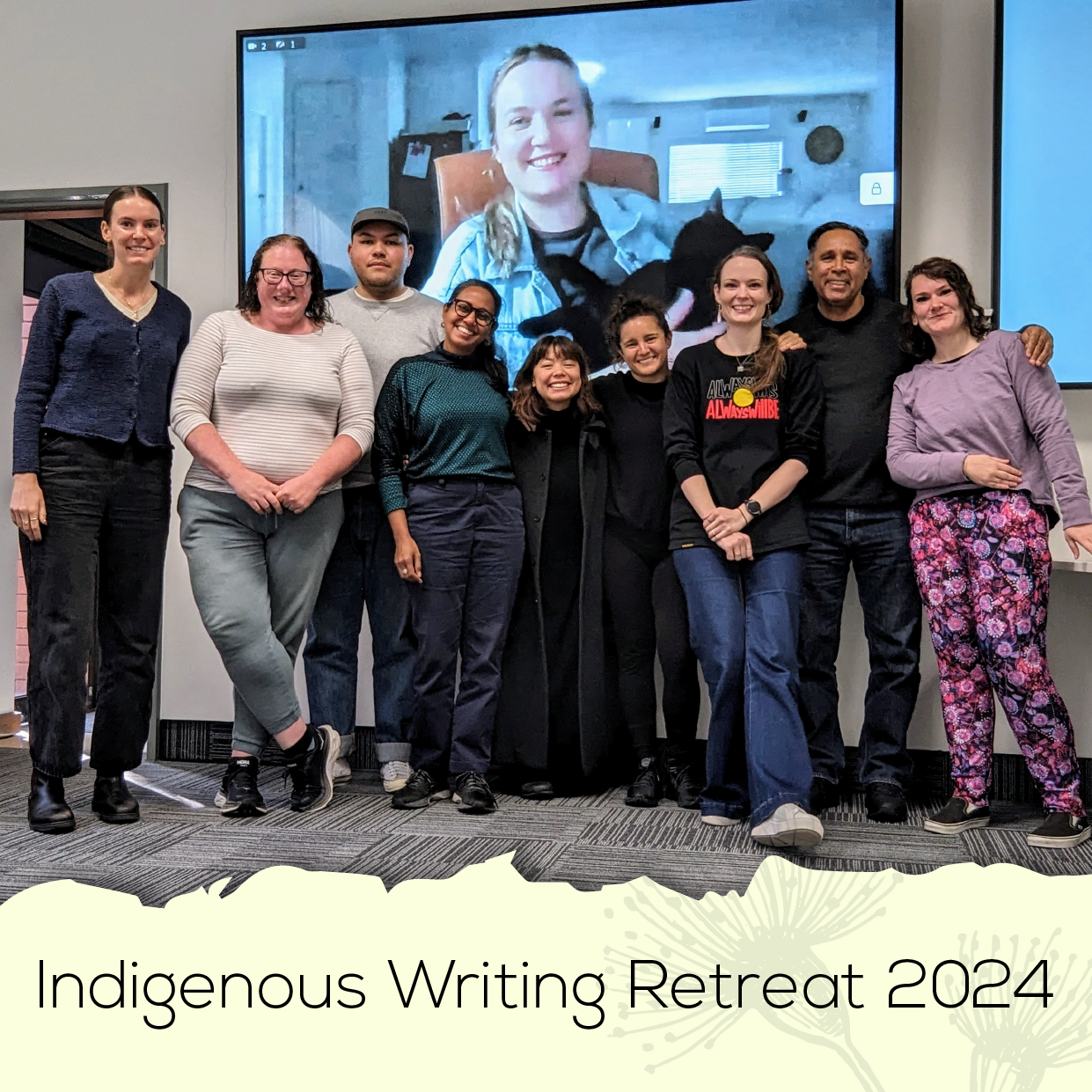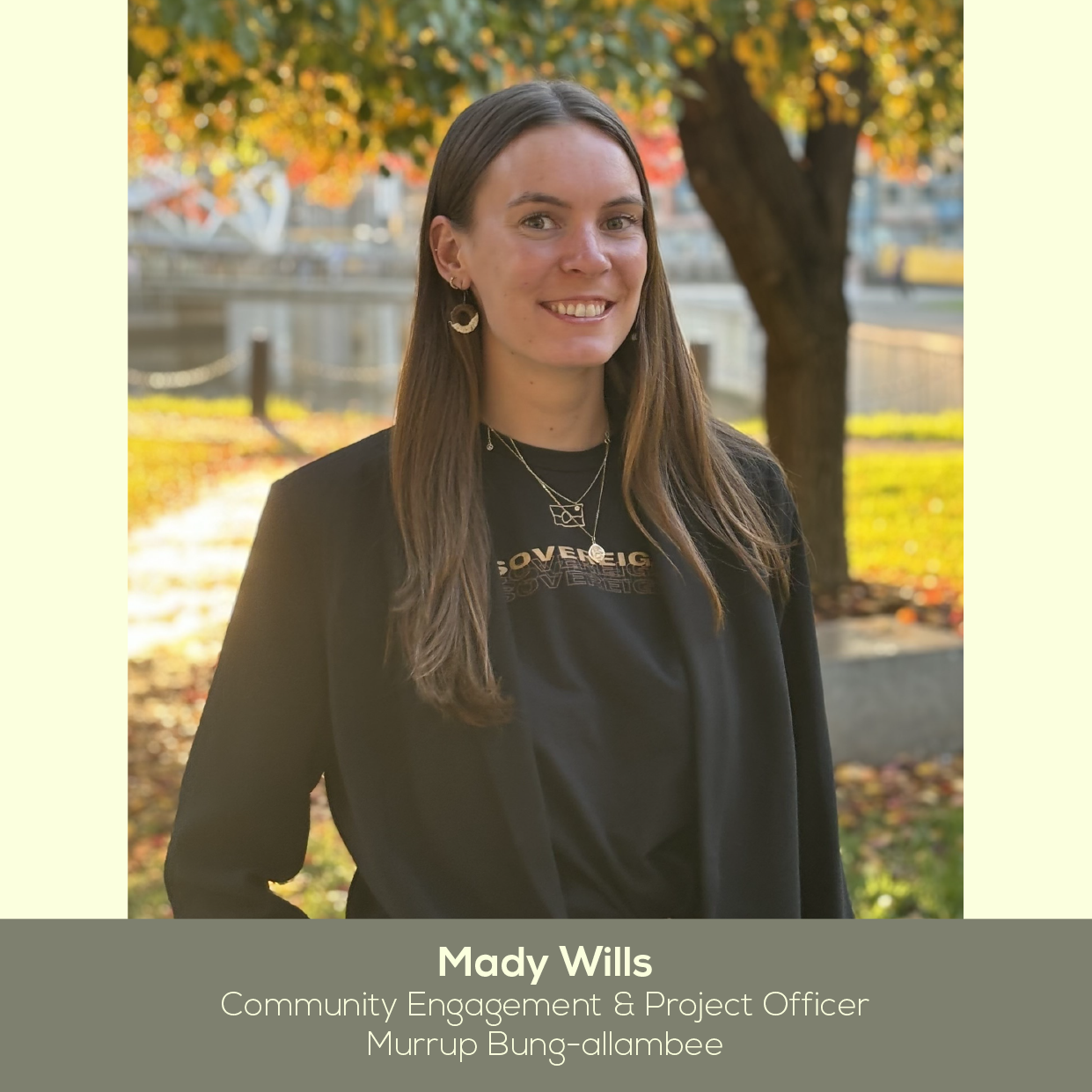Indigenous Writing Retreat 2024
A determined group of Indigenous research students gathered together at Quest Frankston one weekend in April to make some serious headway in their writing.
Supported by Murrup Bung-allambee, the 2024 Indigenous writing retreat was a great opportunity for participants to get a big chunk of thesis, article or grant application written.
The program was facilitated by Dr Cammi Murrup-Stewart (lecturer and researcher who leads Murrup Bung-allambee) and Dr Desiree Ibinarriaga (lecturer and unit coordinator at the Wominjeka Djeembana Lab). The program was designed to support participants in their writing process alongside other Indigenous students, to bounce ideas off one another, and spend some time connecting with each other, sharing stories and hanging out.
Over the weekend, the participants were treated to a mix of goal-driven writing exercises, creative prompts, mindfulness and cultural identity activities, good food and fun to help them make a significant leap in their work.
After all was said and done, we had a chat with Mady Wills from Murrup Bung-allambee to hear more about how the retreat went.
Tell us about how creative prompts were used to inspire more academic writing.
Almost every 'writing session' (these were broken down into multiple Pomodoro writing blocks) was preceded by a creative writing activity. These were designed to help students get into writing mode and spark their creativity. Prompts included things like, 'if your research were an animal, what would it be?' This resulted in an array of cheeky Quaker birds, quiet but consistent rats, and other creatures with unique personalities.
 The facilitators and students all presumably came from different areas of research. How did everyone find shared goals and experiences through this retreat?
The facilitators and students all presumably came from different areas of research. How did everyone find shared goals and experiences through this retreat?
This year we had a great mix of students conducting projects in different areas of research. From fine arts to design and psychology, each student brought with them their unique expertise, background and approach to research, making yarns incredibly rich, vibrant and meaningful.
Tell us about how cultural identity was weaved into this program and how it benefited its overall purpose.
The retreat offered Indigenous students a unique and highly valuable opportunity to come together in a culturally safe space to share stories and experiences of being Indigenous students. We spoke of the challenges that arise when studying in western institutions, shared Indigenous methodologies, and other research and writing skills that helped students make significant leaps in their writing.
The MGA would like to thank Murrup Bung-allambee for their continued support in helping us deliver this event for Indigenous graduate research students at Monash.